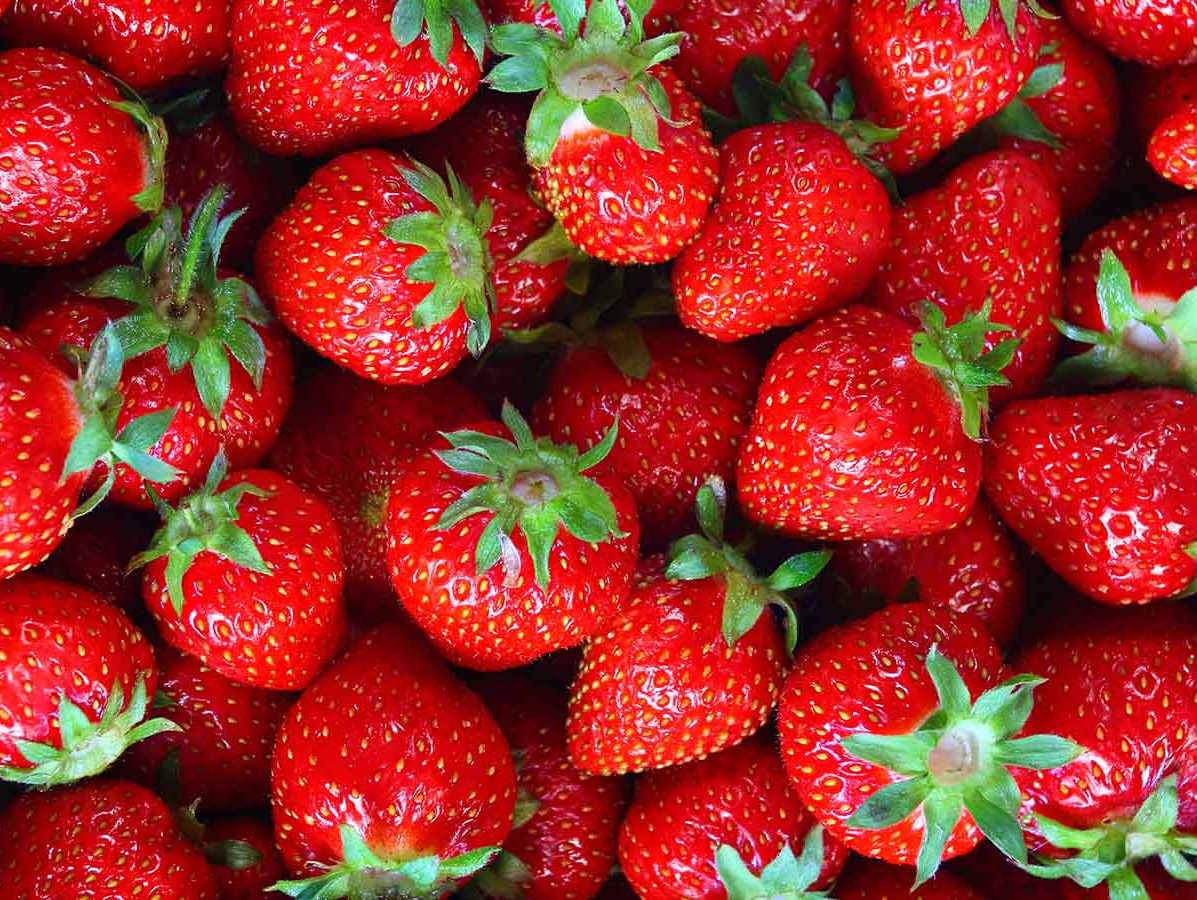
A recent study by PAN-NL has found alarming results in conventional strawberries. Of the 13 sample packs tested, 92% contained PFAS pesticides or Candidates for Substitution (CfS). These substances are poorly degradable and toxic, and according to European regulations, should be replaced with safer alternatives.
On average, 3.0 different pesticides were found per pack of the strawberries tested. This is a slight decrease compared to 2021 and 2022, when 3.5 and 3.7 substances per pack were found, respectively. Despite this decline, the figures remain concerning. 69% of the samples contained 1 to 3 PFAS pesticides. Additionally, 46% of the strawberries were contaminated with 1 to 3 CfS.
The strawberries were purchased on June 24 and 25, 2024, from various supermarket chains, including Albert Heijn, Aldi, Jumbo, Lidl, Dirk, Odin, and Ekoplaza. Only the two organic packs from Odin and Ekoplaza were free of pesticide residues. Conventional strawberries from Aldi and Lidl, with the 'on the way to PlanetProof' label, contained the highest average number of residues.
Only the organic strawberries meet the strict standards for baby and toddler food. None of the conventional strawberries tested met the allowable limit of 0.01 mg/kg for pesticides in young children's food. The average contamination of strawberries seems to be decreasing slightly, but the number of samples tested is too small to determine if this decline is structural.
PAN-NL advises consumers, especially pregnant women and families with young children, to buy only strawberries that are grown without chemical pesticides. This advice is based on European standards for baby and toddler food and the alarming findings of the study.
Source: PAN Netherlands